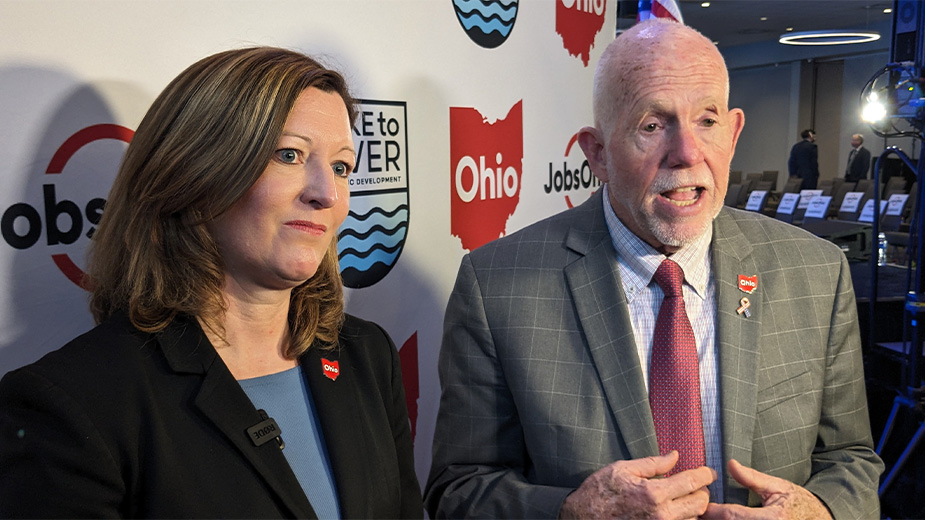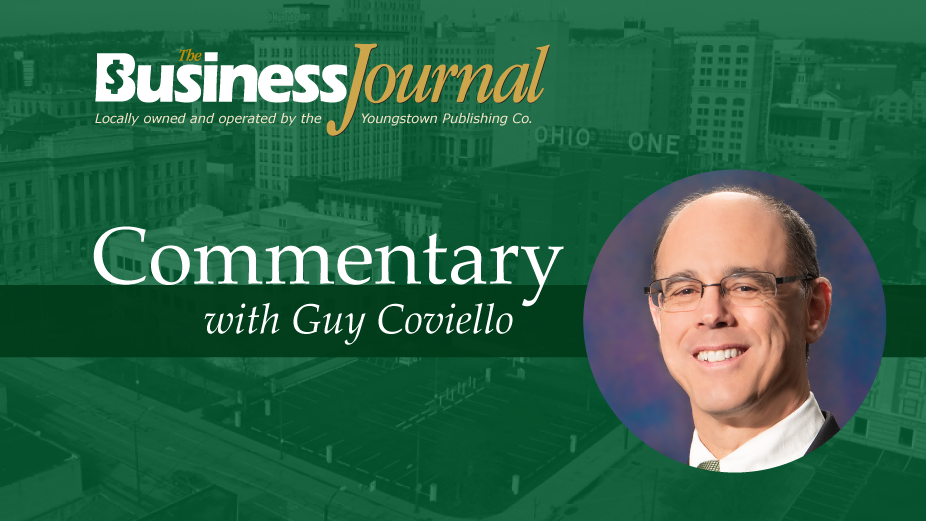Poor Ranking for City; Official Says Not Whole Story
YOUNGSTOWN, Ohio – Youngstown ranks dead last — 100th — in a survey of the best and worst metropolitan areas for someone to work for a small business, WalletHub.com said Wednesday.
WalletHub, which a spokeswoman describes as “a personal finance website to help consumers make good decisions,” also ranked Toledo 98th, or third from the bottom, in its survey.
The 10 best, as WalletHub ranked 100 metro areas, based on 11 criteria, are Charlotte, N.C., Raleigh, N.C., Oklahoma City, Austin, Texas; Omaha, Neb.; Nashville, Tenn.; Salt Lake City, Utah; Dallas, Houston and Boston.
Among the 11 criteria WalletHub used, based on data provided by the federal government, are:
- Number of small businesses per 1,000 inhabitants.
- Diversity of types of small businesses.
- Average number of hours a small-business employee worked per week,
- Earnings for small-businesses adjusted for cost of living.
- Employees for whom a small business provides health insurance.
- Media annual income adjusted for cost of living.
- Unemployment rate.
- Rate at which metropolitan area is gaining or losing population.
Between 2007 and 2013, said spokeswoman Jill Gonzales, the number of small businesses in Youngstown fell 16% and the city ranked 96th in the variety of small businesses that opened.
At 34.3 hours, Youngstown was in the middle of the pack, No. 50, in the number of hours a small-business employee worked per week.
The unemployment rate for the metropolitan area was 7.0% for the period on which the statistics were based, putting Youngstown 88th, above Ohio’s and the United States.
And “only 36% of small-business owners in Youngstown provide health insurance,” Gonzales said.
“What really brought you down in the rate of population loss,” she said. Between 2012 and 2042, the city is projected to lose 11.1% of its residents, the greatest rate of decline of the 100 metro areas. The top 10, on the other hand, are project to double or more than double their populations.
The director of the Youngstown Department of Community Planning and Economic Development, T. Sharon Woodberry, allowed, “There are some statistics which you can’t dispute,” but added, “They don’t tell the entire story.”
The progress Youngstown has made, as reflected by the Youngstown Business Incubator’s growth and being ranked first among university-related incubators, is reason for hope, Woodberry said.
“There are things working in our favor,” she continued, and “Our low cost of living is a reason businesses come to Youngstown.”
Wages here are lower, Woodberry said, “but you can stretch a dollar further.
Factors excluded from WalletHub’s statistical analysis, Gonzales said, is the 2.75% municipal income tax the city imposes. “That wasn’t looked into,” the spokeswoman said.
Asked for recommendations that improve the climate for those employed by a small business in Youngstown, WalletHub’s Gonzales suggested the city offer more incentives. She did not elaborate.
Woodberry took umbrage at the suggestion. The city has long had in place tax abatements of up to 75% that run up to 10 years, she pointed out, and “float loans” extended to qualified businesses that locate within the city.
A float loan is extended for a year to 18 months at no interest with a 0.25% fee paid up front. The borrower repays the principal in a lump sum at the end of the term.
Woodberry began to list other programs the city offers to help small businesses.
“There’s a lot of opportunity for entrepreneurship,” the director of economic development emphasized.
Among the surveys, WalletHub has released this year are best financial products for small businesses, best credit cards for small businesses, best cities to start a small business, best and worst entry-level jobs, and best and worst banks for record keeping.
For the full report, CLICK HERE
Copyright 2024 The Business Journal, Youngstown, Ohio.



